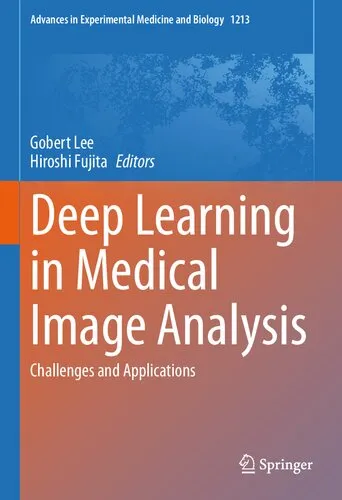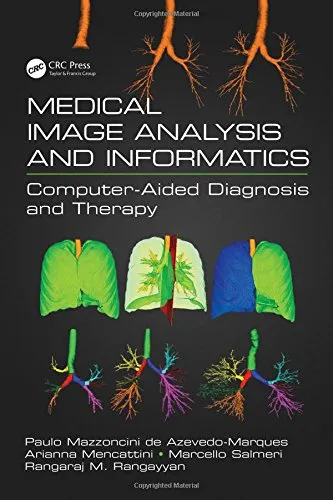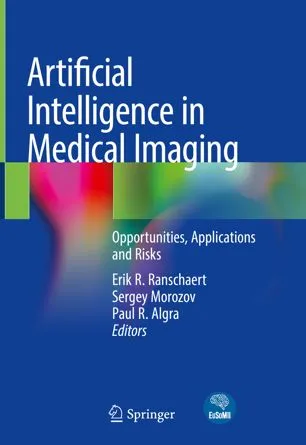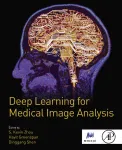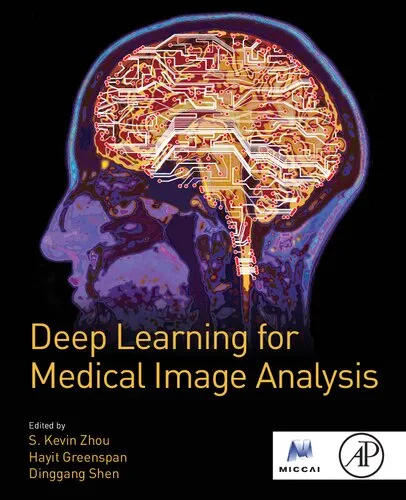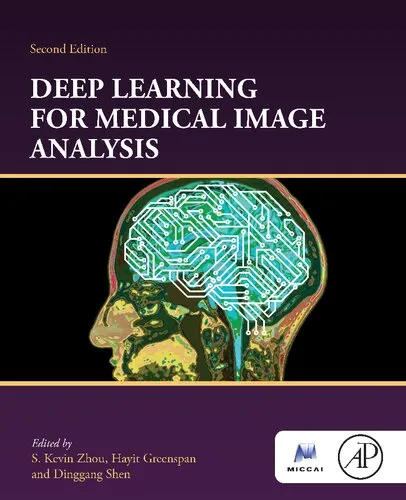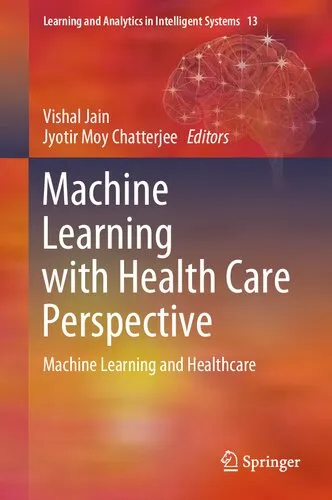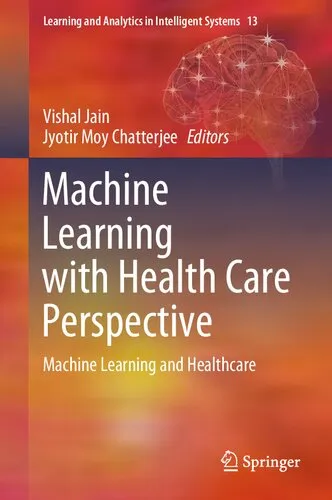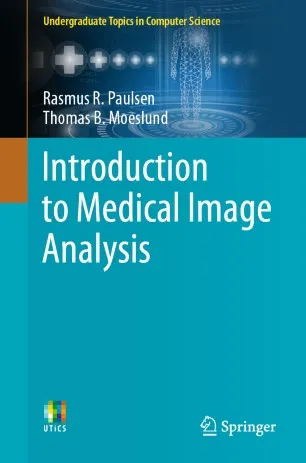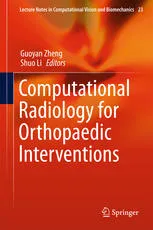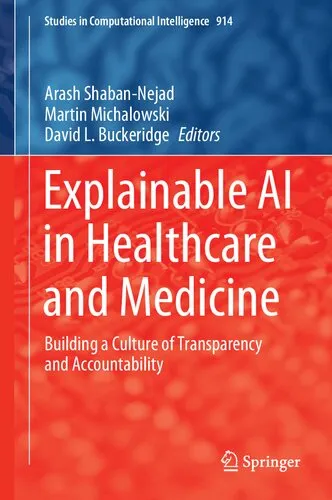Deep Learning in Medical Image Analysis: Challenges and Applications (Advances in Experimental Medicine and Biology, 1213)
4.0
Reviews from our users

You Can Ask your questions from this book's AI after Login
Each download or ask from book AI costs 2 points. To earn more free points, please visit the Points Guide Page and complete some valuable actions.Related Refrences:
Introduction to "Deep Learning in Medical Image Analysis: Challenges and Applications"
The field of medical imaging has witnessed a paradigm shift with the advent of deep learning techniques. These advancements have transformed traditional approaches into more efficient, accurate, and highly automated processes, bringing unparalleled innovations to healthcare and diagnostics. "Deep Learning in Medical Image Analysis: Challenges and Applications" delves deep into this transformative domain, addressing both the groundbreaking applications and the hurdles faced by researchers, practitioners, and engineers in the field.
The book is a comprehensive compilation of innovative ideas and practical solutions curated by leading experts. It is a critical resource for professionals seeking to harness the power of deep learning in medical image analysis, providing real-world applications, emerging trends, and thought-provoking challenges for future exploration. This volume belongs to the distinguished series Advances in Experimental Medicine and Biology, known for its high-quality contributions to interdisciplinary research.
Detailed Summary of the Book
Spanning multiple chapters written by renowned researchers, this book is structured to systematically explore the intersections of deep learning and medical imaging. The work begins with an introduction to the essentials of deep learning techniques, including convolutional neural networks (CNNs), recurrent neural networks (RNNs), and transfer learning. It contextualizes these methods in the unique environment of medical imaging, accounting for challenges such as limited data, class imbalance, and high-dimensional image analysis.
Further chapters provide detailed case studies highlighting applications of deep learning to diagnostic processes in radiology, pathology, cardiology, oncology, and neurology. Examples include the accurate detection of brain tumors, lung nodules, and retinal abnormalities using deep learning algorithms. The book also explores the use of generative models for image reconstruction, segmentation, and enhancement, enabling clinicians to analyze medical images with unprecedented clarity and accuracy.
Importantly, the book doesn’t shy away from addressing the barriers faced by researchers in this domain. Issues such as interpretability, regulatory compliance, ethical considerations, and algorithmic bias are discussed in depth. These challenges, while significant, also highlight opportunities for innovation and collaboration, making this a thought-provoking read for anyone deeply invested in the intersection of technology and healthcare.
Key Takeaways
- An in-depth understanding of deep learning techniques and their relevance to medical image analysis.
- Extensive case studies showcasing real-world applications of AI in diagnosing critical conditions and improving clinical workflows.
- Practical strategies for overcoming challenges such as data scarcity, algorithmic bias, and ethical dilemmas.
- Insights into the future of artificial intelligence in medicine and its potential to revolutionize healthcare delivery.
Famous Quotes from the Book
“The ability of deep learning systems to process and learn patterns from large volumes of medical imaging data is redefining diagnostic precision and clinical decision-making.”
“Understanding the limitations of deep learning in medicine is as critical as leveraging its strengths to ensure ethical and impactful solutions.”
Why This Book Matters
The healthcare industry has reached an inflection point where technology and medicine intersect to push the boundaries of what is possible. As the adoption of artificial intelligence and deep learning becomes more pervasive, the medical imaging field stands to benefit immensely. This book is a cornerstone for professionals at this juncture, offering them the necessary tools, knowledge, and insights to transform theory into practice.
Moreover, the focus on challenges ensures a balanced narrative, emphasizing the importance of ethical AI, unbiased decision-making, and interpretability in healthcare. By addressing these aspects, the book ensures its relevance not just for researchers and developers but also for policymakers and regulators seeking to shape the future of AI in medicine responsibly.
Ultimately, Deep Learning in Medical Image Analysis: Challenges and Applications bridges the gap between technological innovation and clinical impact, cementing its role as an invaluable resource in the realm of medical AI.
Free Direct Download
You Can Download this book after Login
Accessing books through legal platforms and public libraries not only supports the rights of authors and publishers but also contributes to the sustainability of reading culture. Before downloading, please take a moment to consider these options.
Find this book on other platforms:
WorldCat helps you find books in libraries worldwide.
See ratings, reviews, and discussions on Goodreads.
Find and buy rare or used books on AbeBooks.
1324
بازدید4.0
امتیاز0
نظر98%
رضایتReviews:
4.0
Based on 0 users review
Questions & Answers
Ask questions about this book or help others by answering
No questions yet. Be the first to ask!
